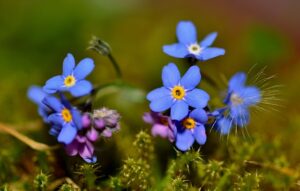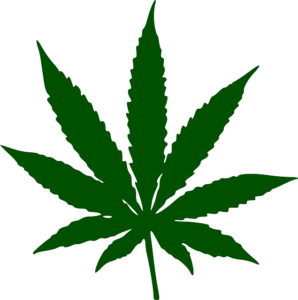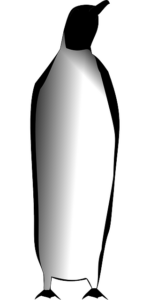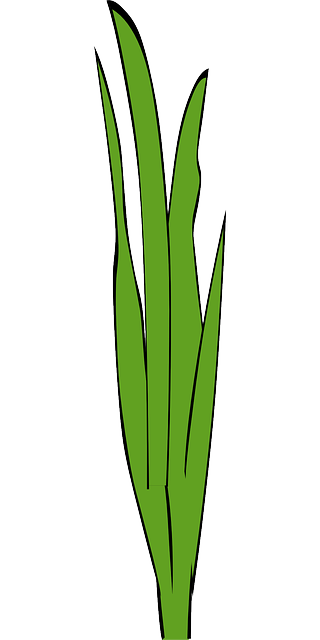
THCA (tetrahydrocannabinolic acid) and CBD (cannabidiol) are both non-psychoactive cannabinoids found in the Cannabis sativa plant, with distinct effects on sleep quality. THCA is a precursor to THC and interacts with the endocannabinoid system through CB1 and CB2 receptors, potentially enhancing sleep architecture and offering a therapeutic benefit for sleep disturbances related to anxiety or pain. While both THCA and CBD can improve sleep by promoting relaxation, THCA may be more effective in inducing drowsiness and facilitating deeper sleep stages. Research suggests that THCA could lead to faster onset of sleep, longer uninterrupted rest periods, and more refreshing mornings. Individuals should consider their unique body chemistry and personal tolerance when determining the optimal dosage of THCA for sleep improvement, with recommended doses ranging from 5 mg to 20 mg taken before bedtime. The choice between THCA and CBD for sleep enhancement should be made after consulting healthcare professionals, especially when considering concurrent medications or health conditions. Both cannabinoids have their advantages, but THCA's direct influence on the sleep-wake cycle is noted to be particularly effective, making it a promising option for those seeking natural alternatives to traditional sleep aids.
Discover the restorative benefits of THCA flower, a natural aid in achieving quality sleep. In this article, we explore the differences between THCA and CBD in relation to sleep quality and how incorporating THCA into your nighttime routine can lead to enhanced rest. From optimal dosage and consumption methods to practical tips for integrating THCA into your slumber regimen, understand the potential of this cannabinoid to improve your sleep experience. Join us as we delve into the science behind THCA versus CBD for sleep, and how these compounds can transform your nights from restless to rejuvenating.
- Unveiling THCA Flower: A Natural Approach to Sleep
- THCA vs. CBD: Understanding Their Impact on Sleep Quality
- Harnessing the Potential of THCA for Restorative Slumber
- Optimal THCA Dosage and Consumption Methods for Better Sleep
- Integrating THCA Flower into Your Nighttime Routine for Enhanced Rest
Unveiling THCA Flower: A Natural Approach to Sleep
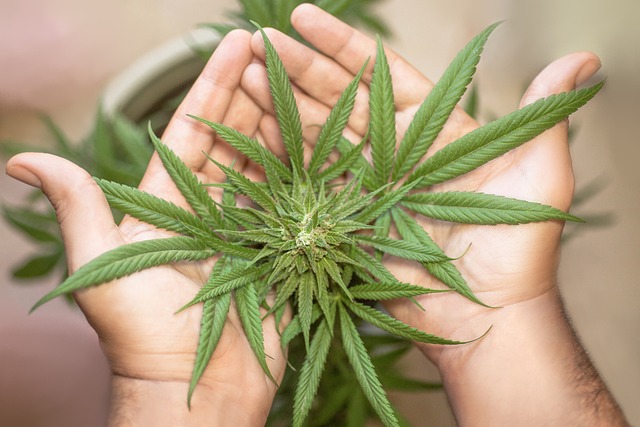
Unveiling THCA Flower as a Natural Approach to Sleep: A Comparative Perspective on THCA vs CBD
THCA flower, or Tetrahydrocannabinolic Acid, is gaining attention in the realm of natural sleep remedies. Unlike its psychoactive counterpart THC, THCA maintains a non-intoxicating profile while potentially offering similar benefits. Emerging research suggests that THCA interacts with the body’s endocannabinoid system, which plays a pivotal role in regulating sleep patterns and promoting restorative sleep. This interaction may contribute to an individual’s ability to fall asleep faster, enjoy longer periods of uninterrupted rest, and wake up feeling more refreshed.
When considering cannabinoids for sleep enhancement, the comparison between THCA and CBD is particularly relevant. While both compounds are non-psychoactive and have a growing body of research supporting their potential health benefits, they differ in their effects on sleep. CBD has been widely recognized for its calming properties, which may help alleviate anxiety and stress—common culprits of sleep disturbances. However, THCA’s unique interaction with the endocannabinoid system could provide a more direct influence on the sleep-wake cycle. Users who have experimented with both report that THCA, particularly when derived from high-quality, organically grown hemp flowers, may offer a more potent and effective solution for natural sleep support compared to CBD alone. As with any supplement, it’s important to consider individual body chemistry and consult with healthcare professionals before incorporating THCA flower into one’s wellness regimen.
THCA vs. CBD: Understanding Their Impact on Sleep Quality
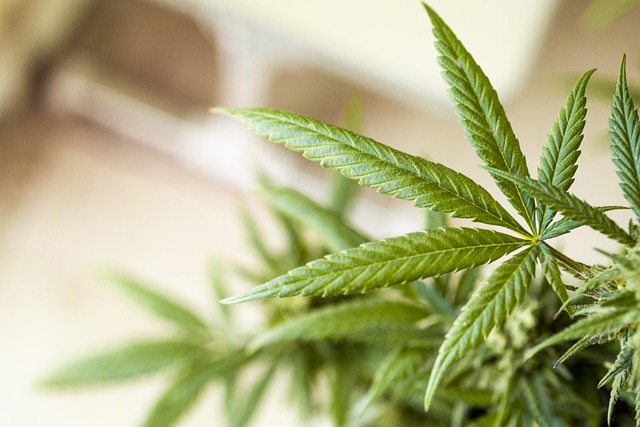
THCA, or tetrahydrocannabinolic acid, is a cannabinoid found in the Cannabis sativa plant that exists in its raw form before decaying into THC upon heating or combustion. Contrasting with CBD, or cannabidiol, which is non-psychoactive and widely recognized for its calming and relaxing effects, THCA possesses unique properties that can influence sleep quality. Research suggests that THCA may engage with the body’s endocannabinoid system, potentially offering a different kind of therapeutic impact compared to CBD. While both cannabinoids have been studied for their sleep-related benefits, THCA is believed to contribute to better sleep architecture through its affinity for CB1 and CB2 receptors. This could lead to improved sleep quality by promoting restorative stages of sleep. On the other hand, CBD is often favored for its ability to reduce anxiety and insomnia without the psychoactive effects associated with THC. Both compounds have distinct mechanisms that can influence sleep, and understanding these differences can help individuals choose the most suitable option based on their specific needs and sleep challenges. Users interested in exploring THCA vs CBD for sleep quality should consider consulting healthcare professionals to navigate these options safely and effectively.
Harnessing the Potential of THCA for Restorative Slumber
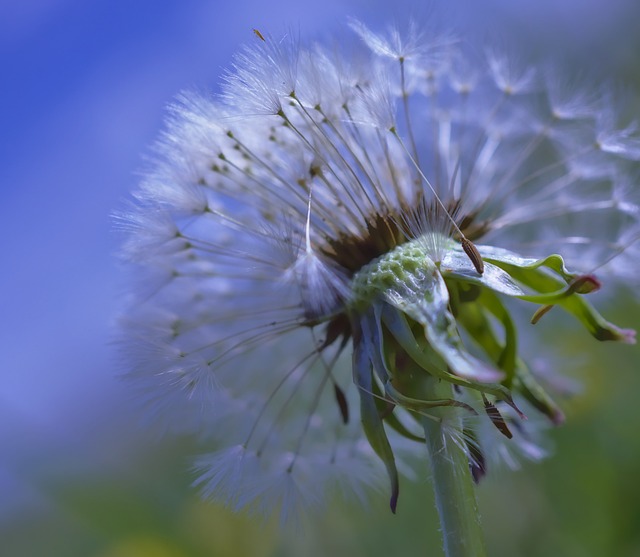
Cannabis compounds have garnered significant attention for their potential health benefits, among which is THCA, or tetrahydrocannabinolic acid, a non-psychoactive precursor to THC. When it comes to harnessing the potential of cannabinoids for restorative slumber, THCA stands out as a promising candidate. Unlike its psychoactive counterpart, THC, THCA interacts with the body’s endocannabinoid system without intoxicating effects, offering a therapeutic option for those seeking improved sleep quality. Studies suggest that THCA may possess anxiolytic and analgesic properties, which can alleviate discomfort and reduce anxiety—common obstacles to achieving deep, restorative sleep.
In contrast to CBD, another non-psychoactive cannabinoid, THCA demonstrates a unique profile when examining its effects on sleep. While both compounds show promise in promoting better sleep, THCA’s affinity for the CB1 and CB2 receptors may contribute to a more profound sedative effect. Research indicates that THCA flower tips, which contain higher concentrations of THCA than CBD-rich varieties, might be particularly effective for individuals experiencing sleep disturbances related to stress or pain. For those considering THCA for sleep enhancement, it is crucial to explore the right dosage and strain, as these factors can significantly influence the efficacy of its sleep-promoting effects. Users should also be mindful of local laws regarding cannabis products before incorporating THCA into their nightly routine for restorative slumber.
Optimal THCA Dosage and Consumption Methods for Better Sleep
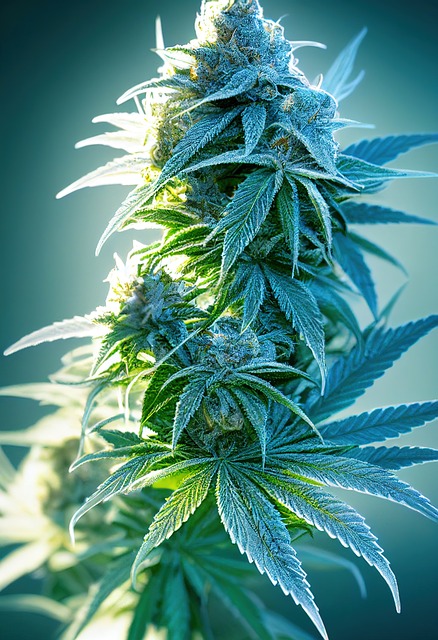
THCA, or tetrahydrocannabinolic acid, is a non-psychoactive cannabinoid found in the Cannabis sativa plant that has gained attention for its potential therapeutic benefits, including its influence on sleep. When heated, THCA converts to THC, the primary psychoactive component of cannabis. However, in its raw form, THCA is being studied for its calming effects, which may be beneficial for individuals seeking better sleep. Unlike CBD, another cannabinoid known for its relaxing properties, THCA possesses a distinct profile that could offer different benefits for sleep regulation.
Determining the optimal dosage of THCA for improved sleep depends on various factors, including body chemistry, tolerance, and the specific strain’s potency. Generally, a low to moderate dose is recommended as a starting point. Users often report positive effects on sleep at doses ranging from 5 mg to 20 mg taken before bedtime. Consumption methods for THCA are diverse, with options like capsules, tinctures, and edibles allowing for precise dosing. Alternatively, smoking or vaporizing raw cannabis flowers can also provide the desired effects, though dosage control may be less precise in these forms. Regardless of the method chosen, it’s important to approach THCA with caution, as high doses can have opposite effects and lead to restlessness. Users should consult with a healthcare professional before incorporating THCA into their sleep routine, especially if they are considering it alongside other treatments or medications.
Integrating THCA Flower into Your Nighttime Routine for Enhanced Rest
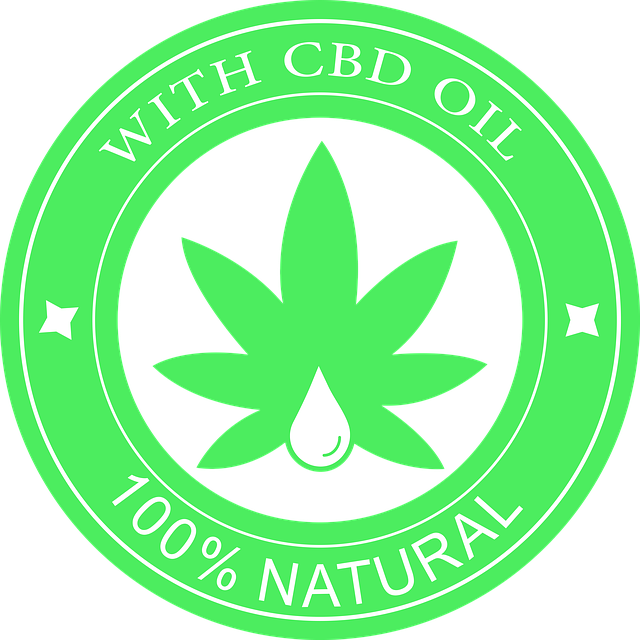
As the day winds down and night approaches, many individuals seek ways to enhance their rest and prepare their minds and bodies for a rejuvenating sleep. For those exploring cannabinoid products as a part of their nighttime routine, THCA (Tetrahydrocannabinolic Acid) flower has emerged as a compelling option in the realm of natural wellness. Unlike its decarboxylated form, THC (Tetrahydrocannabinol), THCA is non-psychoactive and offers potential benefits without the intoxicating effects. When considering THCA vs CBD for sleep, it’s clear that both cannabinoids can support restful sleep; however, THCA may provide a more profound sedative effect due to its affinity for the CB1 receptors in the brain, which can influence sleep patterns and promote drowsiness.
Integrating THCA flower into your nighttime routine involves a few considerations. Firstly, it’s crucial to determine the appropriate dosage that works best for you, as individual responses to cannabinoids can vary. Typically, users consume THCA flowers in the evening or right before bed, allowing the calming effects to take full effect. The aromatic compounds found in THCA flowers, known as terpenes, can also play a role in promoting relaxation and easing the transition into sleep. Additionally, the entourage effect, which is the synergistic interaction between cannabinoids and terpenes, can enhance the potential benefits of THCA for restful sleep. By incorporating THCA flower into your nighttime ritual, you may find that it contributes to a more restorative slumber and wakes you feeling refreshed and ready to tackle the next day. Always consult with a healthcare professional before making any changes to your wellness regimen, especially if you have existing health concerns or are taking other medications.
Incorporating THCA flower into your nightly ritual can be a natural way to improve sleep quality. This article has explored how THCA, a non-psychoactive compound found in the cannabis plant, may offer benefits for restful slumber, distinguishing it from CBD in its potential impact on sleep. By understanding the optimal dosage and preferred consumption methods, individuals can harness the full potential of THCA to enhance their sleep experience. Whether you’re considering THCA vs CBD for sleep or looking to create a soothing nighttime routine, integrating this botanical wonder thoughtfully can contribute to more restorative slumber. With these insights, you’re now equipped to make informed decisions about incorporating THCA flower into your quest for better sleep.
